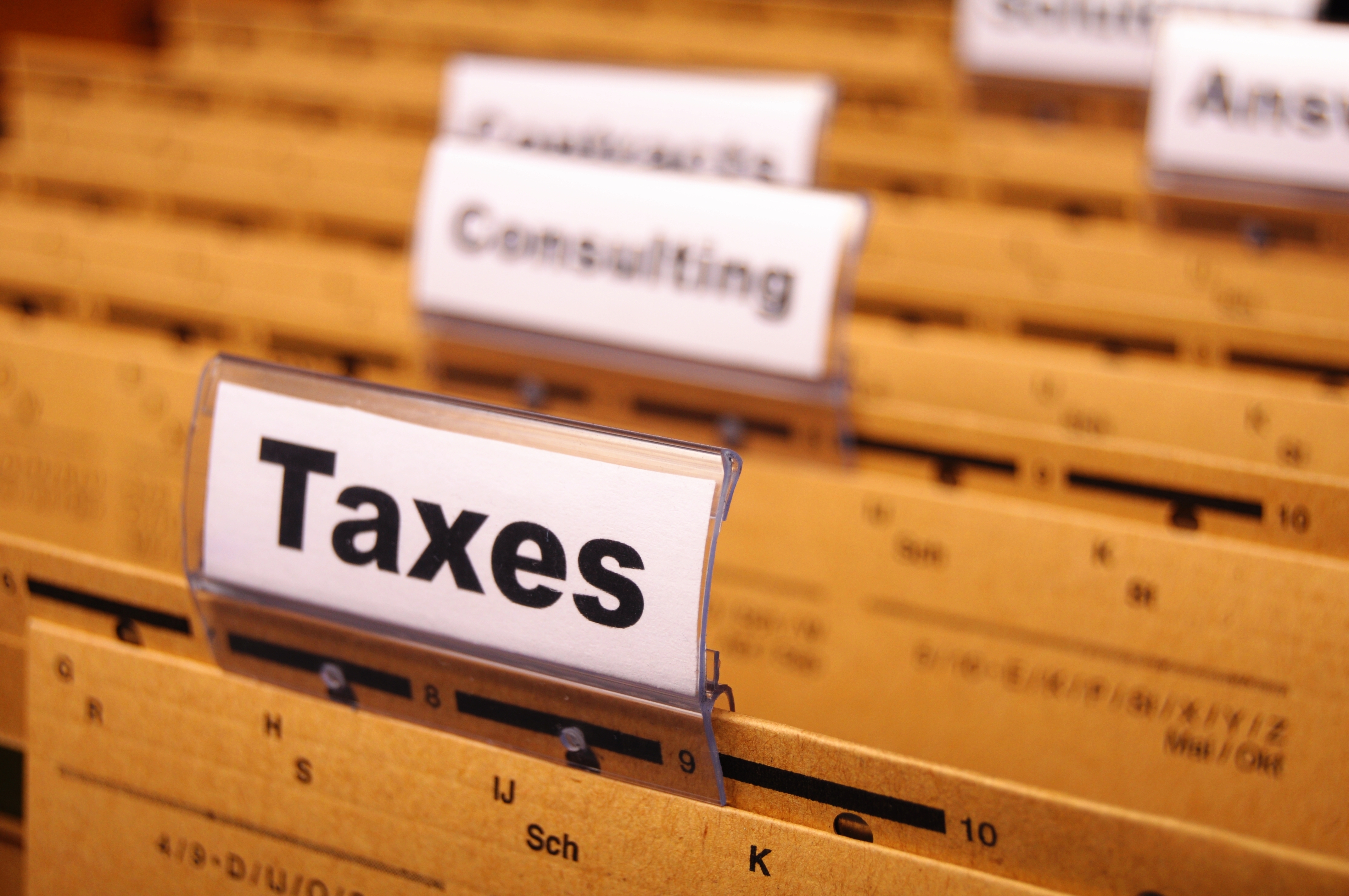The voices of Tax Policy Center's researchers and staff

How about using revenue from a carbon tax to help pay for corporate tax rate cuts?
That’s the idea proposed yesterday by Rep. John Delaney (D-MD). His political calculation: Democrats would back the bill as a way to reduce carbon emissions and slow climate change. Republicans would support the plan to cut corporate tax rates while retaining at least some popular business tax subsidies.
Delaney would use revenues from a $30-per-ton carbon tax to cut the corporate rate from 35 percent to 28 percent. Some of the cash would also provide a tax credit to reduce the burden of the energy tax on low- and moderate-income households. Still other dollars would help coal industry workers who would likely lose jobs as a result of such a tax.
While Delaney did not include any revenue estimates for his plan, my colleagues Donald Marron and Eric Toder have analyzed a similar idea. In a 2013 paper, they found the numbers could work. Like Delaney, they conclude the combination of a carbon tax and lower corporate rates might be a sensible political and policy trade-off.
According to the Congressional Budget Office, a smaller tax than Delaney proposes would raise about $1.2 trillion over a decade (CBO looked at a $20-per-ton tax that would rise by about 5.6 percent-a-year. Delaney’s starts at $30-a-ton and would increase by about 6 percent-a-year).
Donald and Eric figure cutting the corporate rate to 28 percent would reduce federal revenues by about $800 billion over 10 years.
That leaves plenty of money to address the distributional and other equity issues of the trade-off.
Donald and Eric note that cutting corporate rates and adding a carbon tax would substantially benefit high income households but boost the tax burden for those with low- and moderate-incomes. They estimate the lowest earning 20 percent would see their taxes rise by nearly 1.5 percent of income while middle-income households would face a tax hike of a bit less than 1 percent. By contrast, the top 20 percent would enjoy a tax cut of about 0.75 percent.
However, using three-quarters of the carbon tax cut to buy down corporate rates and spending about one-quarter (or about $300 billion over 10 years) on a refundable credit for low- and moderate-income households could help soften the blow. While they don’t specify all the details of such a rebate, they figure a credit would result in a small tax cut for the bottom 20 percent, raise taxes by about 0.5 percent of pre-tax income for middle-income households, and reduce the tax cut for those at the top to a bit below 0.5 percent.
Donald and Eric’s calculations were only illustrative of how Congress could spend carbon tax revenue. Other options: Using some of the money to cut payroll taxes or, as Delaney suggests, providing transitional assistance for coal workers.
But the math roughly works for any of these options. And Delaney would accomplish two useful goals: cutting corporate rates and using taxes to reduce carbon emissions.
But it is not without problems. For instance, eliminating inefficient corporate tax subsidies is itself a potential benefit of tax reform. By using the carbon tax to pay for corporate rate cuts, Congress would give itself an excuse to keep most of those inefficient subsides in place. That might be a useful political swap but a bad policy choice.
Finally, given the political dynamics at play today. Delaney’s idea might have the opposite effect from what he intends. He hopes the carbon tax would attract Democrats while the corporate reform would woo Republicans. But instead, the swap might well turn off Democrats who’d prefer to use carbon tax dollars for new spending or tax cuts for middle-income households. And some Republicans may not swallow an energy tax as the price of corporate reform, though Delaney got a relatively positive audience response when he presented his idea to the conservative American Enterprise Institute on Wednesday.
Delaney deserves credit for trying to tackle two very big issues and for seeking a political middle ground on these extremely controversial tax topics. His ideas should generate a healthy debate about both, and that is itself a good thing. But I’m not giving up my gasoline-powered car quite yet.
Posts and comments are solely the opinion of the author and not that of the Tax Policy Center, Urban Institute, or Brookings Institution.
